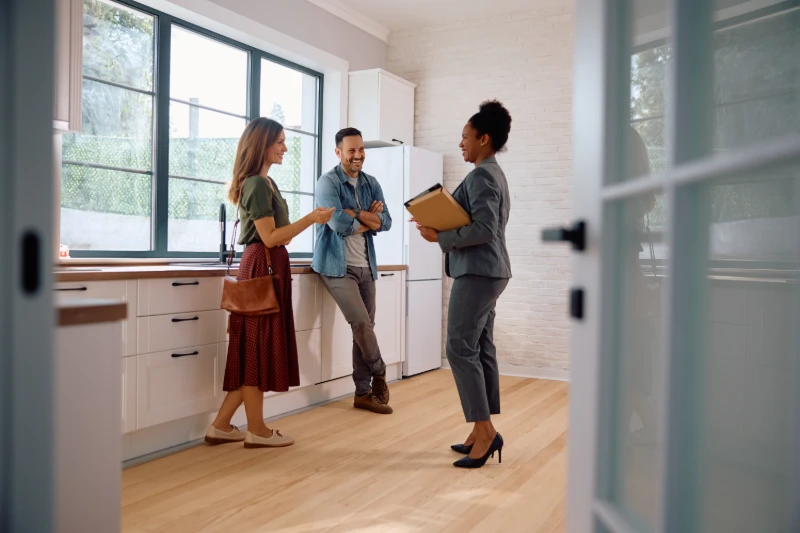Planning for Your Future Home Saving for a down payment is one of the most…
How to Budget for Homeownership: Beyond the Mortgage Payment
The Real Cost of Owning a Home
Buying a home is an exciting milestone—but it also comes with a range of new financial responsibilities. While most buyers focus on the monthly mortgage payment, that’s only part of the picture.
Understanding the full cost of homeownership helps you plan better, avoid surprises, and feel more confident in your long-term investment.
Start With Your Mortgage Payment
Your monthly mortgage typically includes four parts—often called PITI:
Principal: the amount you borrowed
Interest: the cost of borrowing
Taxes: local property taxes
Insurance: homeowners insurance
If you have an escrow account, taxes and insurance are included in your payment and managed by your lender. If not, you’ll need to budget for those separately.
Utilities and Services
Monthly utility bills—like electricity, gas, water, sewer, and trash—can vary widely depending on the size and age of your home, your climate, and your usage.
If you’re moving from a rental or apartment, expect your utility costs to go up slightly, especially if your new home is larger or has less energy-efficient features. Don’t forget to include internet, streaming services, and any subscriptions tied to your home setup.
Maintenance and Repairs
Unlike renting, homeownership means you’re responsible for fixing what breaks—and that can add up. Experts recommend setting aside 1% of your home’s value per year for maintenance.
This might include seasonal servicing (like HVAC), roof repairs, landscaping, plumbing, or replacing appliances over time. A separate savings account for home repairs can help soften the blow when something unexpected comes up.
HOA Fees or Community Dues
If your home is part of a homeowners association (HOA) or a condo community, there may be monthly or annual dues. These fees often cover shared spaces, landscaping, and maintenance—but they should definitely be included in your monthly budget.
Review what’s covered and factor in potential increases over time.
Plan for the Long Term
Budgeting doesn’t end after the first year. Factor in ongoing savings for:
Home upgrades or renovations
Rising property taxes or insurance premiums
Emergency funds to protect against job loss or unexpected expenses
The more prepared you are, the more freedom you’ll have to enjoy your home without financial stress.
Final Thoughts
Owning a home is incredibly rewarding, but it’s important to go in with open eyes and a solid budget. When you account for all the moving parts—from utilities to maintenance—you can feel more confident and in control.
If you’re unsure what to expect based on your location, home type, or future plans, a mortgage professional can walk you through the full picture so you can plan wisely.




